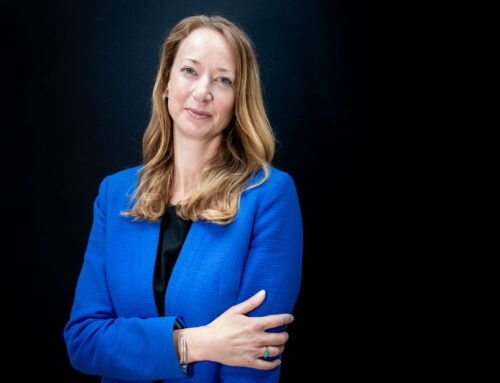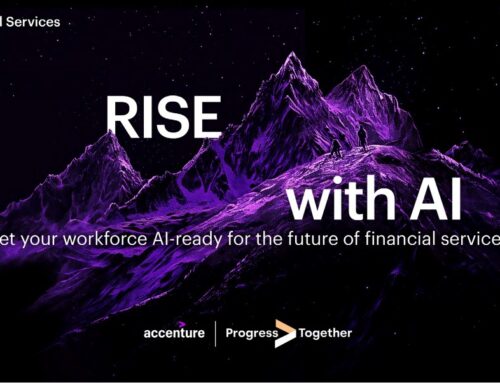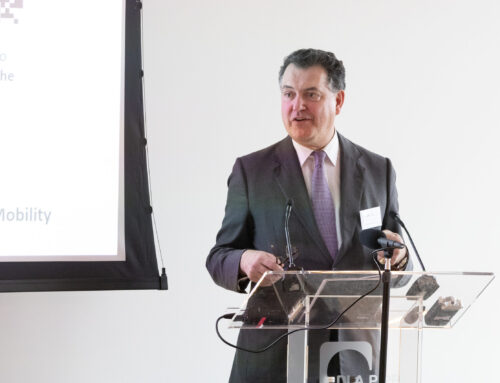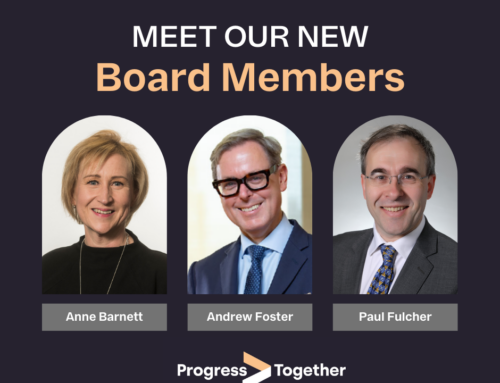By Biral Joshi, Head of Delivery Inclusion, HSBC Holdings PLC
At HSBC, we value difference. Here’s how we’re championing inclusivity and removing barriers.
Your upbringing can heavily influence what you achieve in your working life.
Research shows that socio-economic background has the strongest impact on career progression compared to any other characteristic. It’s our role to make sure our workplace is inclusive, allowing everyone, from every background, to thrive.
If we don’t include people from different socio-economic backgrounds, we lose out on talent and differing perspectives. We miss out on diversity of thought. And by not reflecting the societies and communities our customers and colleagues live in, we’re unable to give them the best outcomes.
It’s our responsibility to make sure someone’s socio-economic background doesn’t stop them succeeding. That they thrive because of their background, not despite it.
So, along with other inclusive agendas like race, disability and gender, we need to broaden our understanding of how people’s background affects their working life. Then we can make improvements across the business.
And it’s equally important to create a workplace where people feel comfortable and confident at work. Valued for bringing their unique perspectives. That they’re not just accepted for who they are and what they bring, but celebrated for it too.
We’re still very much at the beginning of the journey but are hoping that by sharing our learnings we can help accelerate progress.
- Get a better understanding: read the research
Use the latest resources available to you to get a better understanding of what socio-economic mobility is and its impact on your colleagues. Share these learnings with your organisation.
Progress Together provides a comprehensive source of latest research and resources, including firms sharing what they’re doing to progress.
- Be curious: start the conversation
Speak to HR practitioners, leaders and employees to find out what they understand already, what they think, and any questions they have. As you talk to more people, make a note of their responses, and create an FAQ people can use to keep the conversation going.
- Get to know your business: gather the data
Collecting data on the socio-economic background of your workforce means two things: you’ll have a much better understanding of workforce representation, and you’ll be able to benchmark progress as you continue to make your workplace more inclusive.
Through our HR system we’re asking colleagues in the UK what the occupation of their main household earner was when they were 14 years old. (Research shows that this is the most accurate and reliable measure for social mobility. ) To make sure we had as many responses as possible we launched an internal campaign about this new question.
Data is really important in our work as D&I practitioners: once we have a better understanding of those from lower socio-economic backgrounds, we can analyse our pay and progression (and any other barriers we spot along the way).
- Benchmark: submit to Social Mobility’s employee index
In 2023 we submitted to Social Mobility’s employee index for the first time. We wanted to assess and benchmark where we are now and how to improve.
And while we’re pleased to be within the top 75, we know we have a lot of work to do. We recommend you do this to help you identify the areas to work on first, measure your progress, and start sharing your learnings with other organisations as you go.
- Build connections: get support across the business
Getting support from senior executives like Elaine Arden, our Chief Human Resources Officer, was key. Elaine shared her story and her passion behind driving socio-economic mobility within the organisation.
Sharing the stories behind the statistics allows our colleagues to understand the importance of socio- economic mobility and see what’s possible for them. We know people often cover parts of their identity to fit in with their peers. By sharing and making connections, we hope to create a culture where everyone can feel represented, valued, and celebrated.
And we don’t just want to hear from people in senior roles. We encourage everyone to share their own stories.
- Be committed: create long term plans
In the UK our colleagues have set up Strive, an Employee Resource Group. Strive is a volunteer-led group that supports and advocates for colleagues from lower socio-economic backgrounds. Strive is there to champion supporters across the business, mentor colleagues and raise awareness.
And we’re opening up the conversation in other parts of the bank. We know talent is evenly spread but opportunity is not, so socio-economic inequality is a global and ongoing conversation.
What’re our next steps?
We’ll continue to raise awareness across the business, understand workforce representation through our HR system, and assess the full employee journey (from recruitment to promotion). We’re currently focusing on the UK, but looking to expand this work across the globe with teams that understand the socio-economic situation in their market.
It starts with conversation, and it starts with compassion. Sharing stories and asking questions will encourage more people to share theirs and create a workplace that’s inclusive for everyone.




